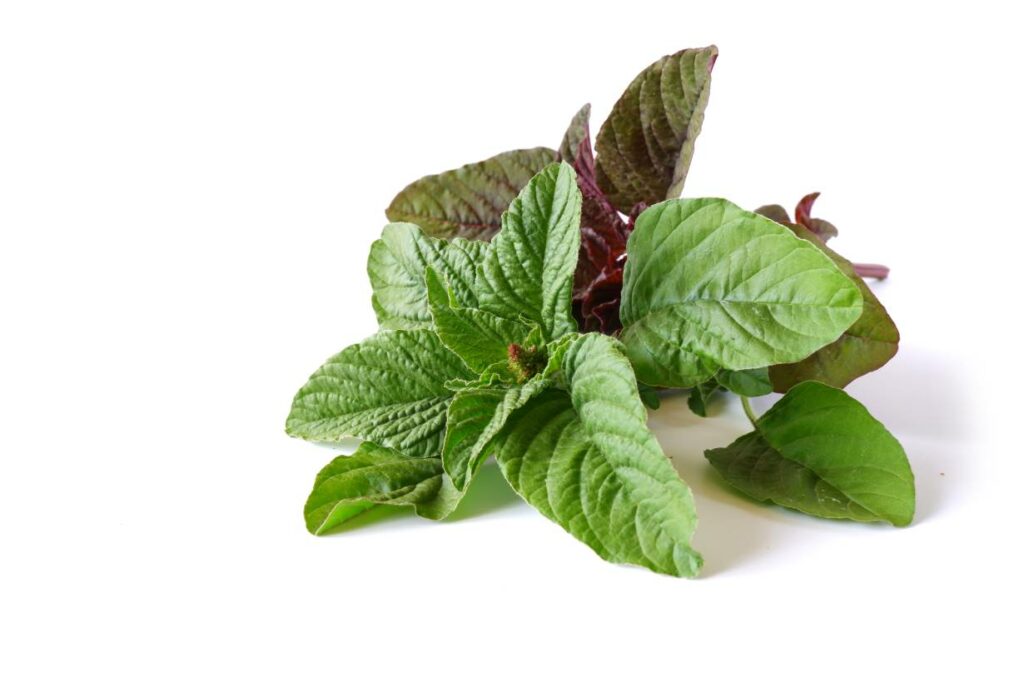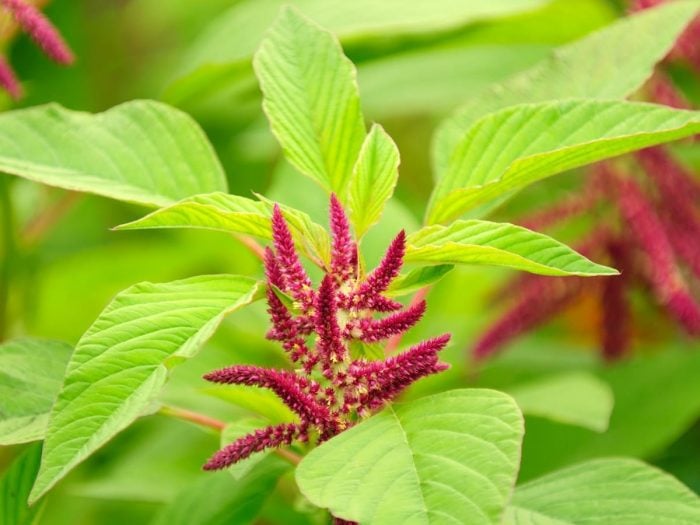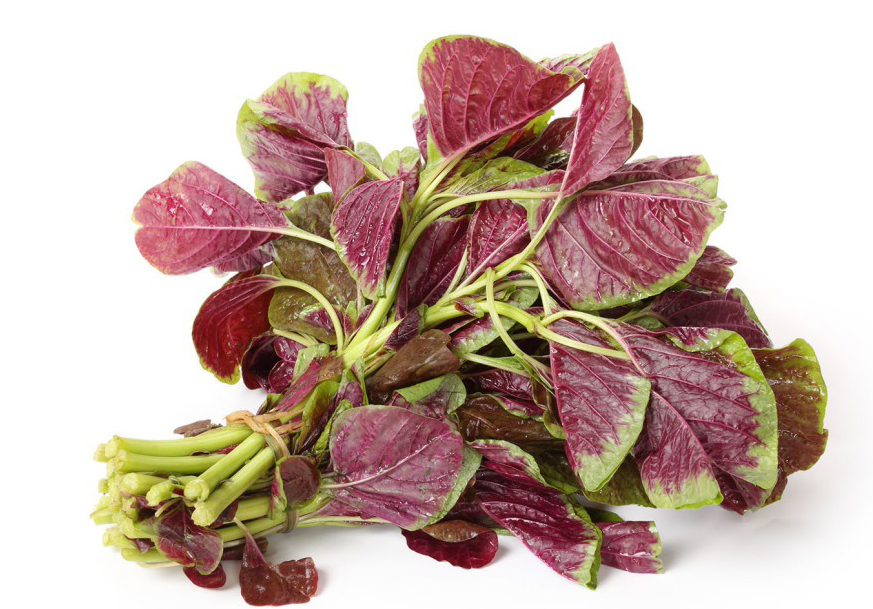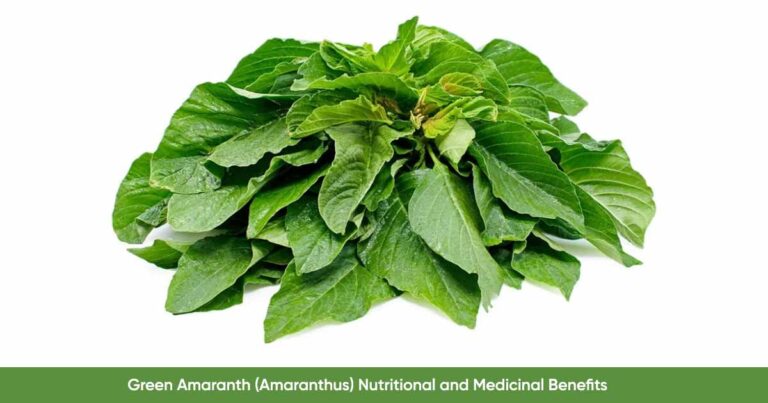Amaranth leaves benefits are vast and often overlooked in modern diets. Packed with essential nutrients, these leafy greens have been a staple in traditional cuisines for centuries. From boosting immunity to promoting heart health, amaranth leaves offer a powerhouse of wellness advantages that deserve attention.
Nutritional Powerhouse of Amaranth Leaves

Amaranth leaves are a treasure trove of vitamins, minerals, and antioxidants. Their dense nutritional profile makes them a superior choice for those seeking natural ways to enhance their diet.
Rich in Essential Vitamins and Minerals

Amaranth leaves are loaded with vitamin A, C, K, and folate, which play crucial roles in maintaining vision, immune function, and blood clotting. They also contain calcium, iron, magnesium, and potassium, supporting bone health, oxygen transport, and muscle function.
Unlike many leafy greens, amaranth retains its nutrients even after cooking, making it a versatile addition to soups, stir-fries, and salads.
High Protein Content for Plant-Based Diets

With up to 13% protein content, amaranth leaves stand out among leafy vegetables. This makes them an excellent choice for vegetarians and vegans looking to meet their daily protein needs without relying on animal products.
The presence of lysine, an amino acid rare in plant foods, further enhances their protein quality, aiding in tissue repair and enzyme production.
Antioxidant Properties for Cellular Health

Amaranth leaves contain flavonoids, polyphenols, and betalains, which combat oxidative stress. These compounds help neutralize free radicals, reducing inflammation and lowering the risk of chronic diseases like cancer and diabetes.
Regular consumption can slow aging at a cellular level, promoting longevity and vitality.
Amaranth Leaves for Digestive and Heart Health

Beyond basic nutrition, amaranth leaves support two of the body’s most critical systems: digestion and cardiovascular function.
Fiber-Rich Support for Gut Health
The high dietary fiber in amaranth leaves aids digestion by promoting regular bowel movements. It also acts as a prebiotic, feeding beneficial gut bacteria linked to improved immunity and mental health.
For those with digestive disorders like IBS, incorporating amaranth leaves can provide gentle relief from bloating and constipation.
Cholesterol-Lowering Effects
Studies suggest that amaranth leaves help reduce LDL (bad cholesterol) while increasing HDL (good cholesterol). This balance is vital for preventing arterial plaque buildup, which can lead to heart attacks and strokes.
The presence of phytosterols blocks cholesterol absorption in the intestines, offering a natural way to manage lipid levels.
Blood Pressure Regulation
Potassium in amaranth leaves helps relax blood vessels, improving circulation. This mineral counteracts sodium’s effects, making these leaves ideal for hypertension management.
Including them in a low-sodium diet can significantly lower cardiovascular risks over time.
Boosting Immunity and Skin Health with Amaranth Leaves

The benefits of amaranth leaves extend to immune defense and dermatological wellness, thanks to their unique nutrient combinations.
Immune-Strengthening Nutrients
Vitamin C in amaranth leaves stimulates white blood cell production, enhancing the body’s ability to fight infections. Zinc and iron further fortify immunity by supporting wound healing and oxygen delivery to cells.
During flu season, consuming amaranth leaves can serve as a natural preventive measure against common illnesses.
Anti-Aging and Skin Repair
The antioxidants in amaranth leaves protect skin from UV damage and pollution. They also promote collagen synthesis, reducing wrinkles and improving elasticity for a youthful glow.
Topical applications of amaranth leaf paste have been used traditionally to treat acne and eczema due to their anti-inflammatory properties.
Detoxification and Clear Complexion
Chlorophyll in amaranth leaves aids liver detoxification, helping flush out toxins that cause breakouts. This internal cleansing reflects externally as clearer, brighter skin over time.
Combining amaranth with hydrating foods like cucumbers amplifies these effects for radiant results.
FAQs About Amaranth Leaves Benefits

Are amaranth leaves safe for everyone?
While generally safe, individuals with kidney stones should moderate intake due to oxalate content. Always consult a doctor if unsure.
How often should I eat amaranth leaves?
2–3 times weekly is ideal to reap benefits without overconsumption of oxalates.
Can amaranth leaves help with weight loss?
Yes! Their high fiber and low calorie content promote satiety, reducing overall calorie intake.
Do amaranth leaves taste bitter?
Young leaves are mild, while mature ones can be slightly bitter. Blanching reduces bitterness.
How do I store fresh amaranth leaves?
Wrap them in a damp cloth and refrigerate for up to 4 days. Freezing blanched leaves extends shelf life.
Video
Conclusion

The amaranth leaves benefits are undeniable, spanning from nutritional richness to disease prevention. Whether you’re aiming to improve heart health, enhance digestion, or achieve glowing skin, these leafy greens offer a natural, affordable solution. Embrace amaranth leaves as a dietary staple and unlock their full potential for lifelong wellness. `